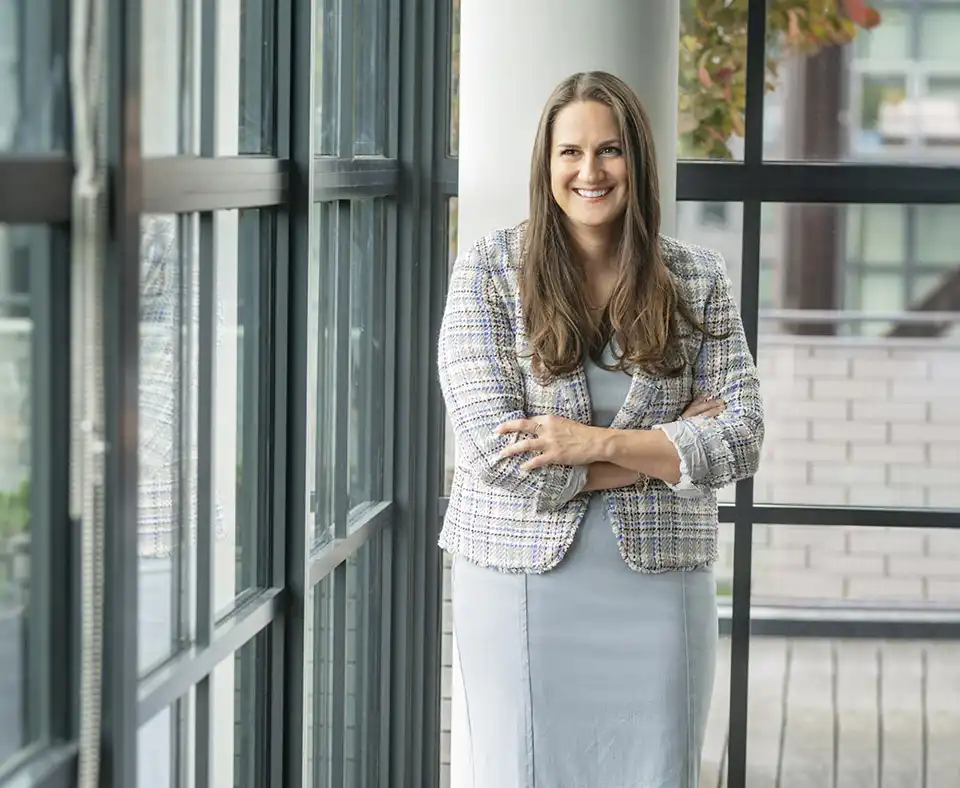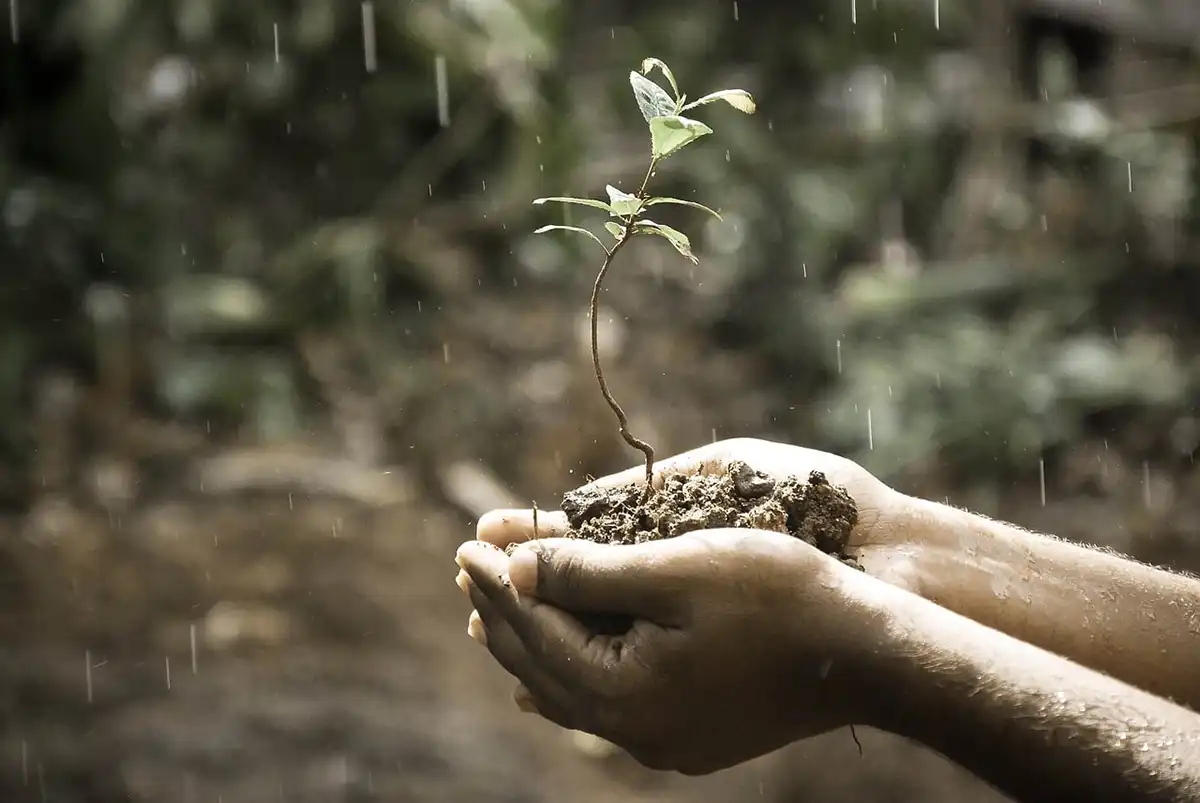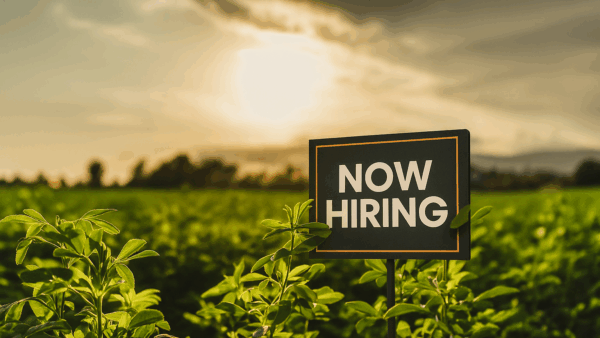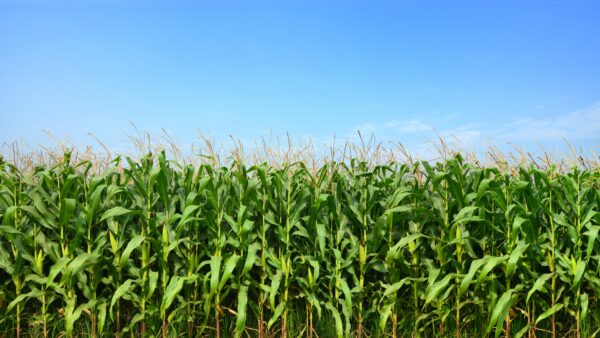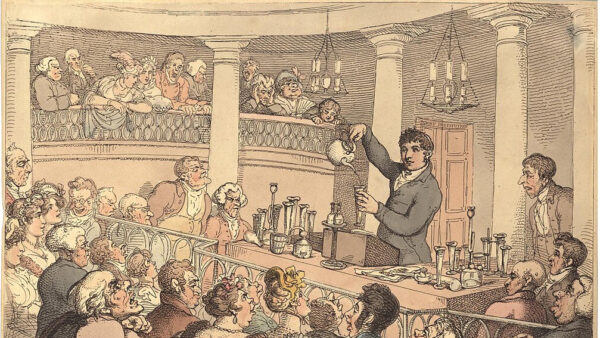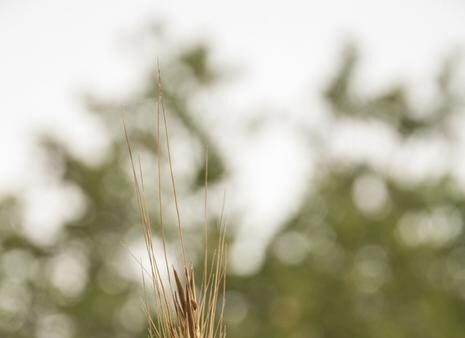Kansas State University is celebrating a recent $22M funding commitment from the U.S. Agency for International Development (USAID) to support cereal breeding oriented to regions whose citizens are at highest risk of hunger and malnutrition, according to a release.
Kansas State University will lead the Feed the Future Climate Resilient Cereals Innovational Lab (CRCIL), which will further the breeding of four crops of critical importance to feeding the world: millet, wheat, rice and sorghum. The funds will be used to further collaborative, interdisciplinary research and other activities that support improving the four key crop types.
“CRCIL unleashes the strength of the U.S land-grant system and our global partner network to better climate-proof cereal germplasm, bolstering future food and nutritional security, and in turn increasing global security and prosperity,” said Jagger Harvey, the CRCIL’s director and a research professor in Kansas State’s plant pathology department, in the release.
The project’s goal is to sustainably increase food production by 100% by 2050. These gains are particularly challenging — and particularly necessary — given what Harvey called a “perfect storm” of challenging factors, from decreasing arable acreage, to worsening soil quality, to decreasing water, to increasingly wild weather, to accelerating pest and disease issues.
The project includes partners from across the U.S. and around the world. U.S.-based involvement includes researchers from Clemson University, Cornell University, Delaware State University, Louisiana State University and the University of Florida. International partners include South Asia, Eastern and Western Africa, and Latin America. RTI International, the African Women in Agricultural Research for Development program, and Seeds2B will also provide collaboration and support.
“Thanks to USAID’s generous support, we have assembled a top-tier, diverse consortium of scientists to collaborate with front-line cereal improvement experts leading efforts in partner countries,” said Harvey.
“The CRCIL consortium assembles a tailored set of crop-agnostic advanced science expertise, so partner country breeders can super-charge their climate resilience cereal improvement efforts,” Harvey said. He added that each consortium partner brings critical, complementary expertise and science leadership across a holistic range of relevant scientific spaces.
While the $22M funding commitment is a major win and excellent start for the project, Harvey said the award’s cap is, in fact, $37M, which provides room for the project to expand to help additional partner countries.
In the release, Jared Crain, a research assistant professor in Kansas State’s plant pathology department who will also serve as the CRCIL’s associate director, said much of the project’s efforts will centre on applying today’s improved technologies — which include phenotyping with uncrewed aerial vehicles, next-generation DNA sequencing and genotyping, crop modeling and simulations assisted by artificial intelligence, speed breeding and more —to further plant breeding efforts around the world.
“Ultimately, this research will help improve germplasm to be more resilient to abiotic stresses, such as drought and heat; biotic stresses, such as disease; and meet consumers’ preferences for safe and nutritious food,” Crain said.
The $22M commitment is Kansas State’s fifth innovation lab award over the past decade from Feed the Future, the U.S. government’s global food security initiative. In total, USAID has committed nearly $128M towards efforts by Kansas State’s innovation labs towards sustainable intensification, sorghum and millet, post-harvest loss and wheat genomics.



